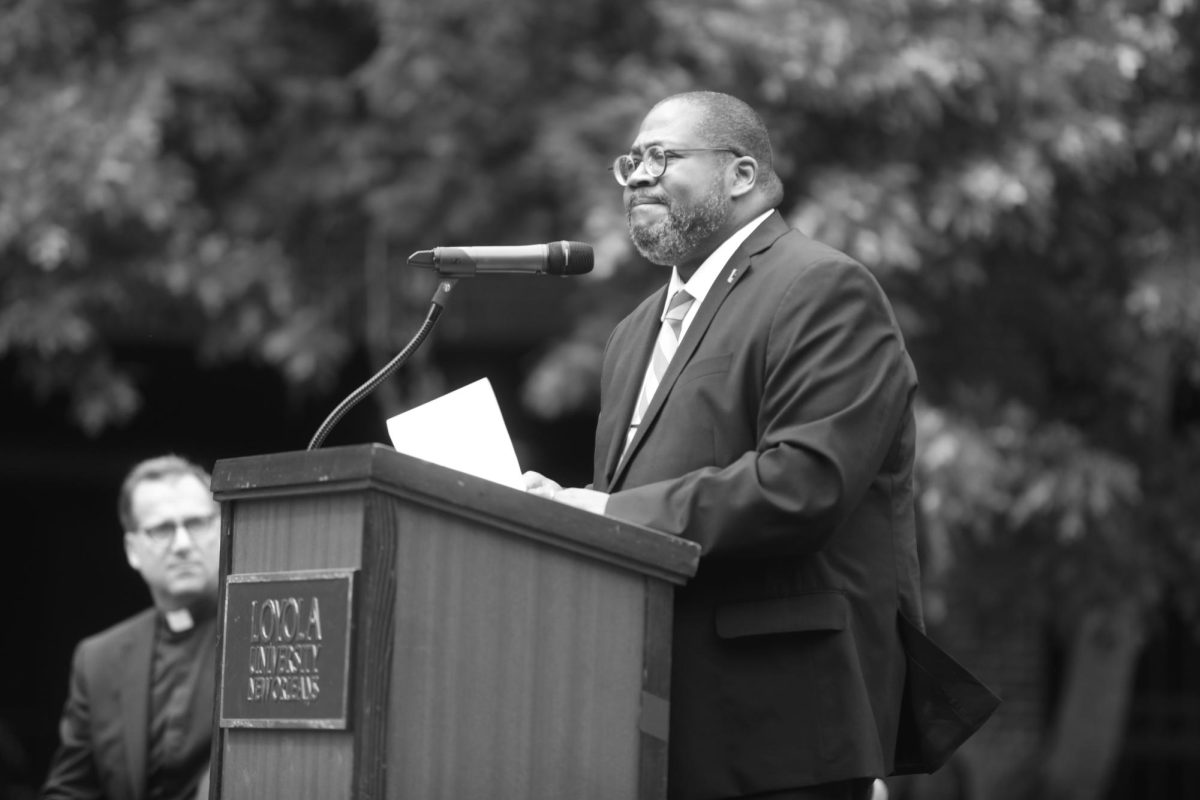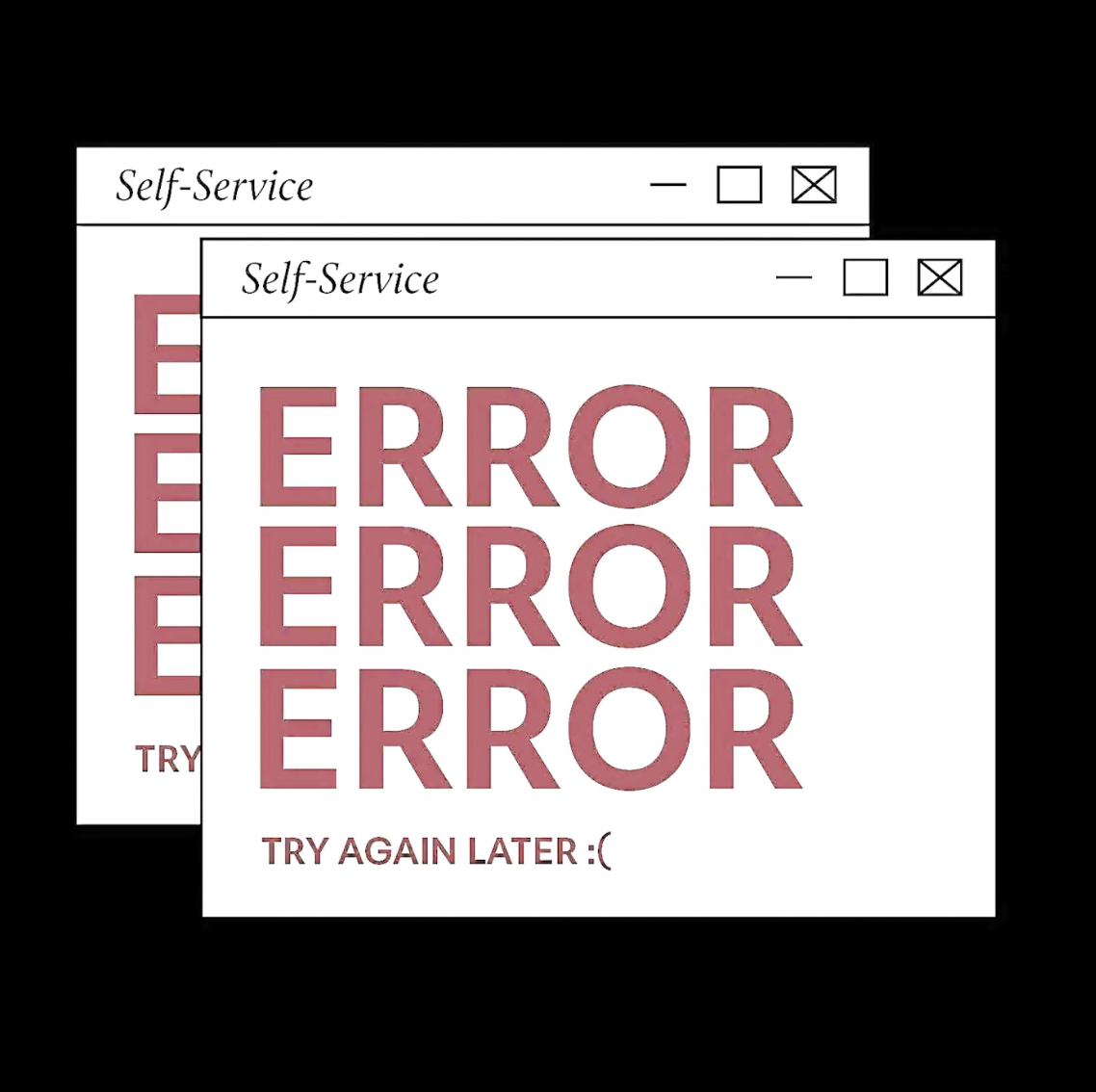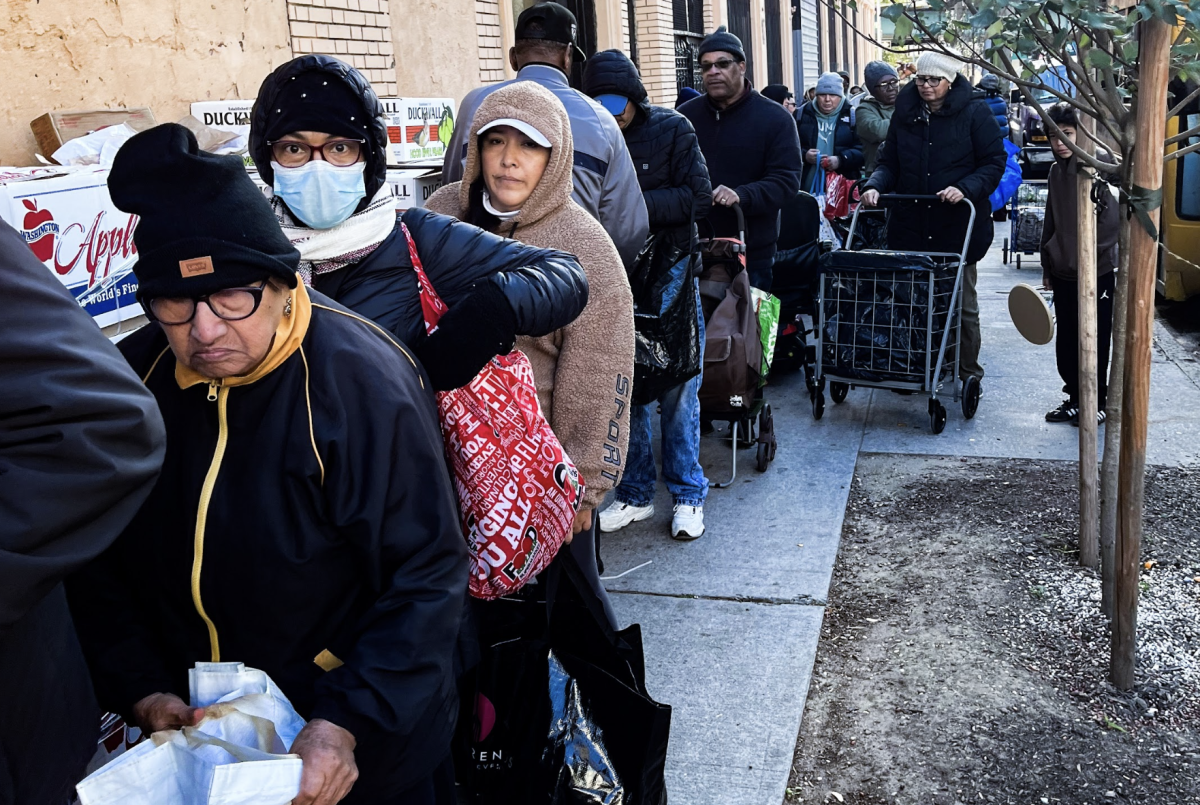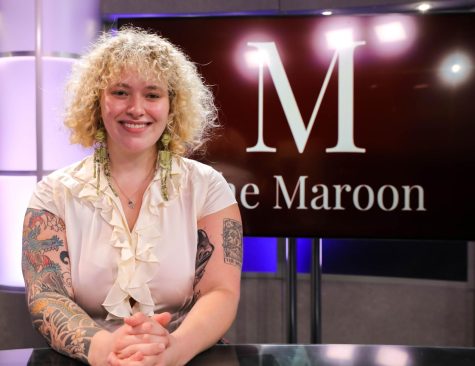The role of a university president, especially in times of social upheaval, is one of delicate balance. It’s a job that demands both steady authority and an ear finely attuned to the shifting dynamics of a student body. For President Cole, the challenge has come into sharp focus as tensions rise between the administration and student protesters.
Cole, since assuming office, has made a point of positioning himself as an open and approachable leader, eager to listen and adapt. His arrival was welcomed by many who believed his promise of fairness, and he has, by many accounts, sought to foster a spirit of inclusivity. But as protests have erupted on campus — from systemic injustices to administrative decisions — Cole has found himself facing the same difficult questions that all university leaders must grapple with in moments of unrest.
The heart of the issue lies in student affairs, whose decisions, often unclear to those outside it, have become a focal point of discontentment. Student protesters have found themselves subject to disciplinary actions that may seem disproportionate to their offenses. Meanwhile, the faculty senate has asked the administration to refrain from punishing students involved in the protest. Cole’s response has been cautious, emphasizing the importance of respecting established processes, including the independence of student affairs, while also expressing his ongoing commitment to hearing students’ voices.
In a way, Cole’s dilemma is emblematic of the broader challenge of leadership in times of unrest: how does a leader remain both a steward of institutional order and a champion of student voices, especially when those voices rise in dissent? It’s a difficult tightrope to walk, and Cole, to his credit, seems aware of this.
The role of a university president is not simply to keep the peace but to foster an environment where criticism can exist, even when it is uncomfortable. Cole’s efforts to position himself as a president who listens have been well received by many, but the current moment has tested the limits of his approach. When protests erupt and the administration responds with disciplinary action, the students involved often don’t feel like they are being treated fairly by the system.
And yet, there is a very real tension here that Cole must navigate. Student Affairs is designed to maintain order and ensure that the institution’s policies are upheld. It exists to hold students accountable for actions that violate the university’s code of conduct, and its independence is seen as crucial to maintaining fairness, in theory at least. Cole’s decision to not interfere is rooted in the principle that it is not his place to interfere. It is easy to see this stance as frustrating, especially for those directly affected by Student Affairs’ decisions. But it is also understandable. Cole is tasked with protecting the integrity of the university’s systems while also responding to the demands of an increasingly vocal student body. In many ways, he is caught between the institutions’ need for order and the students’ desire for justice.
Leadership, especially in academia, is rarely about wielding power directly. Instead, it often involves shaping the culture of the institution through influence rather than intervention. Cole’s decision to refrain from stepping into the business of student affairs isn’t necessarily a refusal to act — it is a recognition of the limits of his role in preserving their independence. But that doesn’t mean he is powerless. When injustices arise within these institutions, it becomes his responsibility to ensure that all parties are treated with fairness and respect. If Cole aims to present himself as a leader deeply committed to upholding the principles of equity, this task is not optional — it is essential.
In moments like this, it’s tempting to frame the university leadership in binary terms: you either support the students or you stand behind the administration. Yet the reality is more nuanced. Cole is undoubtedly aware of the students’ frustrations and must recognize that student affairs, as it currently operates, is failing to deliver fairness. The university board of appeals remains disbanded. Appeals are being heard by administrators with obvious conflicts of interest. But instead of stepping in to address these concerns, Cole has remained overly deferential to established processes, choosing to uphold an unjust system. And even though the city of New Orleans chose not to prosecute the arrested students, the university has still chosen to levy punishment.
The protest on campus makes it clear that students are demanding the right to express their dissent without fear of unfair punitive consequences. And while student affairs plays a role in maintaining order, its actions have increasingly reflected a failure to apply fairness and consistency. Cole’s refusal to engage and reform this process — a process over which he has considerable influence — undermines his stated commitment to justice and transparency. He has the power to reshape student affairs’ practices, and the fact he has not done so is a missed opportunity. Maintaining order cannot come at the expense of justice, and the students have made it clear that their trust in these systems is eroding. Cole must act and act decisively if he wants to restore that trust.
What Cole faces is not an uncommon dilemma for university leaders in moments of unrest: the need to balance the sometimes conflicting demands of student activism and institutional governance. In trying to maintain that balance, he risks sitting by while an unjust system operates under his watch.
In the end, the students need to see that their president is not simply watching from the sidelines. They need to know that he is working to ensure that fairness is at the heart of the university’s actions. Cole’s challenge is to show that, in the midst of the university’s turbulence, he is listening—and that, in his own way, he is working to ensure that the institution he leads remains a place where justice and fairness are more than just words.








